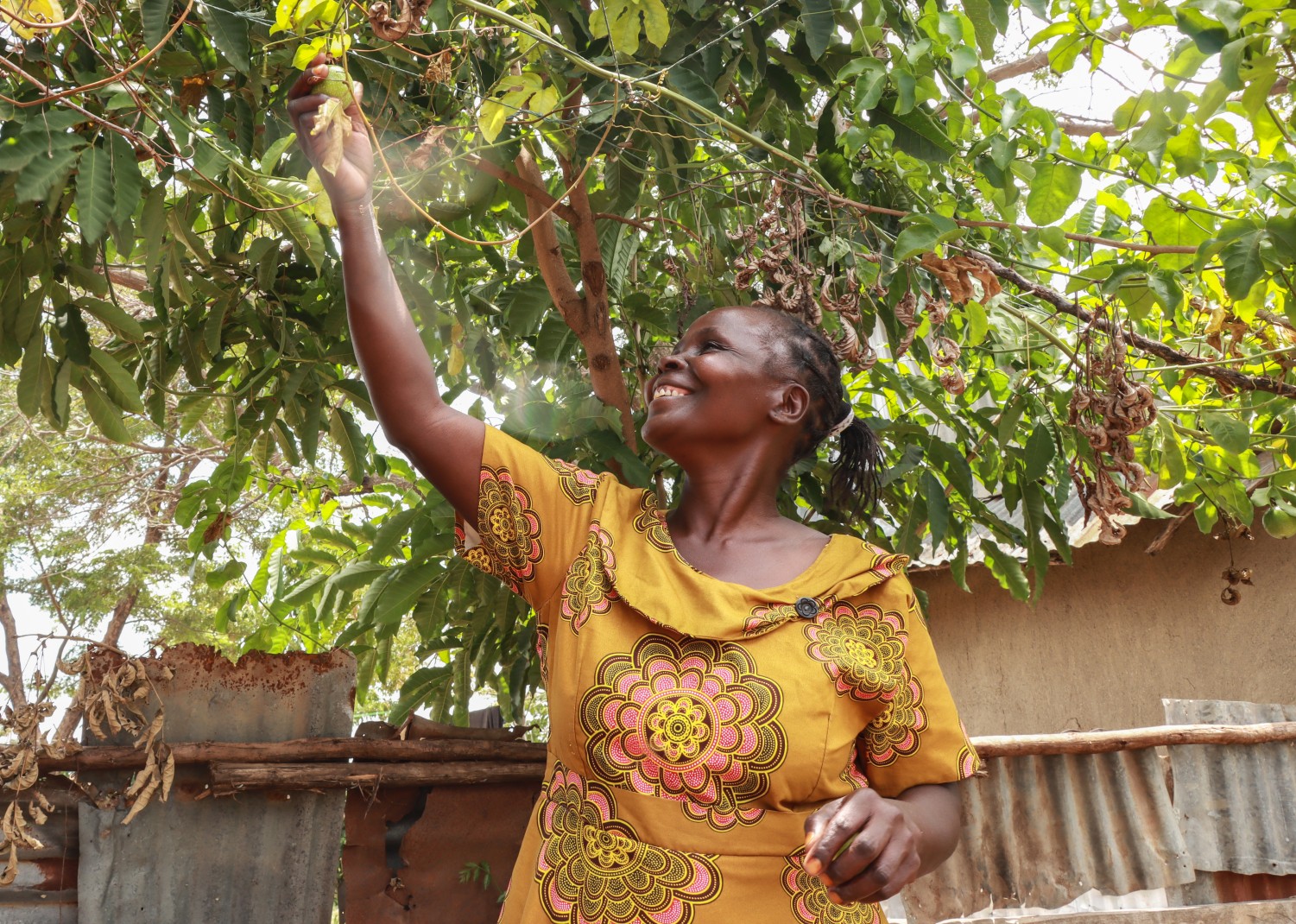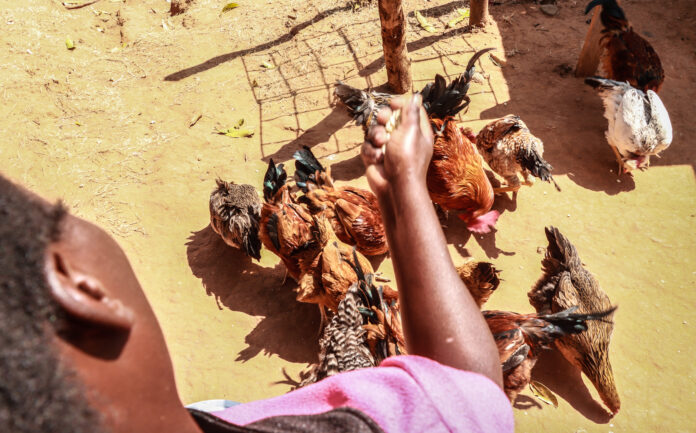By Omboki Monayo
Nairobi, Kenya: In 2022, Moses Partoti joined a child health and nutrition program in Kajiado County, a region then in the grip of a devastating drought. “Livestock prices had plummeted, with a goat selling for just KSH500,” he remembers. The program, which provided a monthly stipend of KSH800 to families, was more than just financial aid; it delivered life-changing education on positive parenting and child nutrition.
The Universal Child Benefit (UCB) program, implemented by Save the Children, has been transforming the lives of families, particularly within pastoral communities living in Kenya’s Arid and Semi-Arid Lands (ASALs) like Wajir, Kajiado, and Marsabit. This initiative is not just about providing financial aid; it’s about empowering parents with the knowledge and skills to nurture their children’s growth and well-being.
“We were taught about positive parenting and how our wives could properly breastfeed the babies,” explains Moses Partoti, a participant in the program. This shift in thinking, away from traditional practices that often involved supplementing breastfeeding with livestock-based foods, has significantly impacted child health. “Since we took up the exclusive breastfeeding advice, cases of malnutrition have significantly reduced,” Moses says with pride.
The UCB program has also made a difference in other parts of Kenya. Achieng, a mother of four from Kisumu, reflects on how the initiative changed her family’s life. “My child used to fall sick frequently. I would take him to the hospital and would be told that he wasn’t growing properly because of malnutrition,” she recalls. The monthly cash transfer of KSH800 helped her buy nutritious foods like omena, ugali, and porridge. “He is now much healthier and growing up into a normal, active, and happy boy,” she says.
Mukami, who has a child living with a disability, is all smiles after the program enabled her to easily purchase diverse food items that her son could enjoy with other family members. “He now enjoys meals of rice, beans, milk, and other foods that he can easily chew and digest,” reveals the mother who lives in Embu County.
The program extends beyond nutrition, encompassing a holistic approach to child care. It encourages families to diversify their diets by growing fruits and vegetables in kitchen gardens, further improving nutrition and reducing cases of malnutrition, diarrhea, stunting, and pneumonia – the region’s biggest child killers.
UCB’s cumulative impact goes beyond individual families. Mothers have been organized into Mother-to-Mother Support Groups, where they pool their savings and support each other. “We started a merry-go-round with a contribution requirement of Kes200 for each member,” explains Moses, “with the lump sum group money given to each member on a rotating weekly basis.” This financial empowerment has enabled women to purchase essential household items and food.
Beatrice Otieno, Program Development, Quality, and Impact Director at Save the Children, emphasizes the program’s focus on promoting positive childcare practices. “UCB addresses issues such as neglect,” she says, “and aims to assist families during critical developmental stages, emphasizing the importance of proper care in the first 1000 days of a child’s life.”

Positive parenting was also a focus of the program, aiming to ensure that all children had an equal chance to thrive in a safe environment. Alice, an Early Childhood Development (ECD) teacher in Kajiado, recounts how she noticed one of her students was distracted and withdrawn. “During the break period, I called the child and asked her if everything was okay at home. She told me that her parents had quarreled and fought the night before. Her mother had left the home after the altercation,” Alice shares. Concerned, Alice visited the home and helped the parents reconcile, ensuring the child returned to a stable environment.
Recognizing the program’s success, Save the Children is working to advocate for and expand the UCB program across Kenya. “We hope to engage the counties through the Council of Governors to expand the program into a universal and sustainable program,” says counseling psychologist Viellinah Gitau. Ms. Gitau is committed to advocating for safer learning for children in Kajiado County, as well as improving their families’ nutritional status through the UCB program.
The government is also taking steps to strengthen social protection programs. Richard Obiga, Senior Program Officer at the National Social Protection Secretariat of the Ministry of Labour and Social Protection of Kenya, says the government has been running similar programs including the Orphans and Vulnerable Children (OVC), Hunger Safety Net Program (HSNP), the Universal Child Benefit (UCB), and the Older Persons’ Cash Transfer (OPCT). He confirms that the UCB program results have been factored into proposals contained in the Social Protection Bill that is soon set to be presented in Parliament.
“We are in the final stages of refining the Bill including making the necessary corrections that were made when we took it to the Attorney General’s office. We hope that the Bill will become law so that we can aggressively source for both government and partner funding to further protect vulnerable sections of the population,” says the program officer.
While Kenya has made significant strides in reducing child mortality, with the under-five mortality rate decreasing from 96 per 1,000 live births in 1993 to 41 in 2022, the rates remain higher than the global average of 18 per 1,000 live births. This underscores the continued need for programs like the UCB to empower communities and ensure that children not only survive but thrive, laying the foundation for a safer, healthier future.














